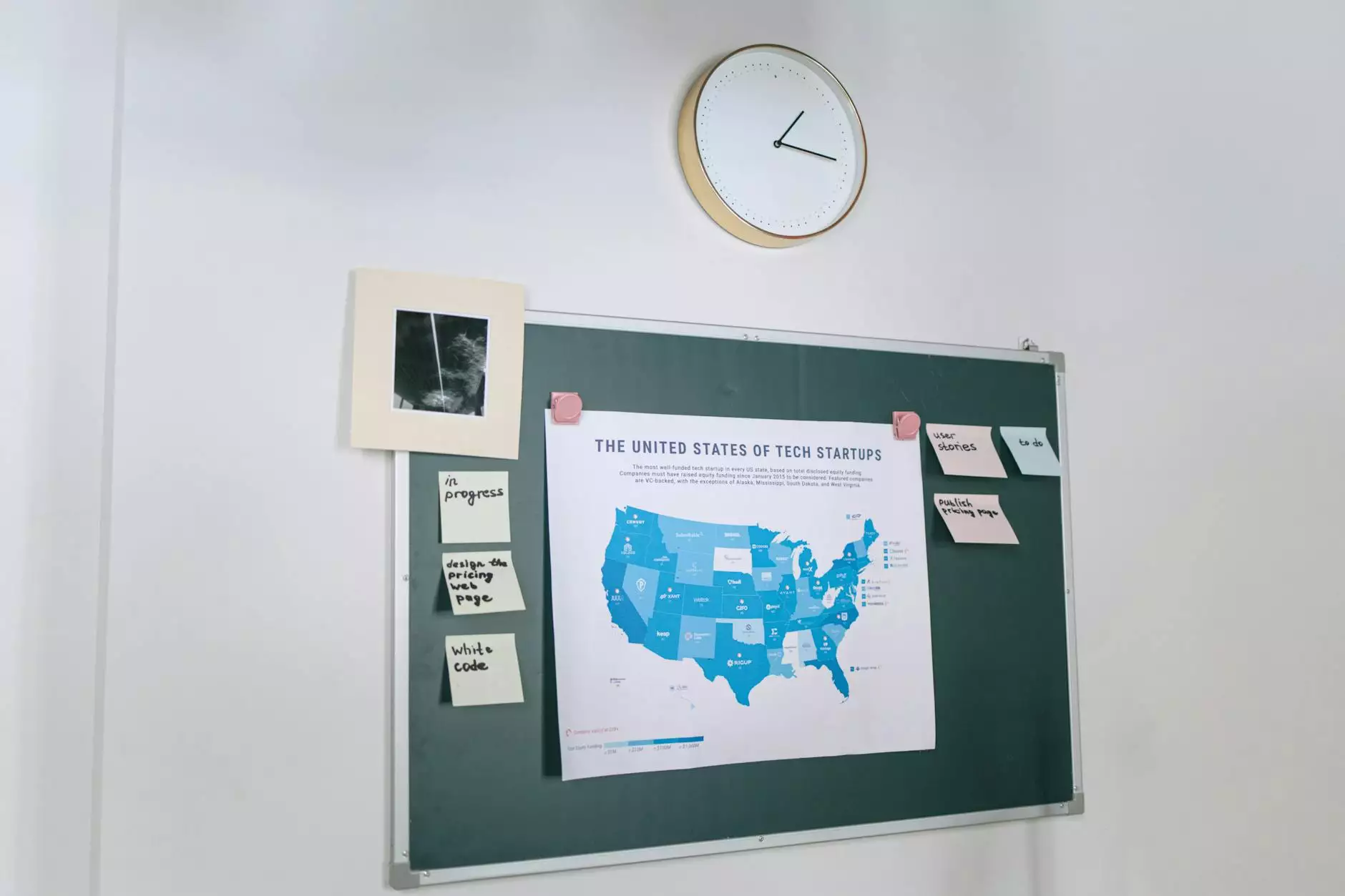Medicaid Redetermination Strategy: Communications Insights and Best Practices
Blog
Welcome to Kimwell Nursing Home's comprehensive guide on Medicaid redetermination strategy, communications insights, and best practices for geriatric and aging care. In this in-depth article, we will provide you with valuable information and expert advice on effectively managing Medicaid redetermination processes. Our goal is to equip you with the knowledge and tools to optimize your Medicaid redetermination strategy, ensuring seamless communication and successful outcomes for seniors and their families.
1. Understanding Medicaid Redetermination
Medicaid redetermination plays a crucial role in providing long-term care services and support for seniors. It is a process through which the eligibility of a Medicaid recipient is reassessed to ensure continued coverage and access to essential healthcare services. Redetermination typically occurs at regular intervals, and it is important to navigate this process efficiently to maintain uninterrupted benefits for seniors.
At Kimwell Nursing Home, we understand the complexities associated with Medicaid redetermination and offer valuable insights into optimizing your communication strategies to streamline the process. Our team of experts has compiled a list of best practices to help you navigate this challenging landscape effectively.
2. Effective Communications Strategy
Developing an effective communications strategy is crucial when it comes to Medicaid redetermination. Clear and concise communication ensures that seniors and their families have a comprehensive understanding of the redetermination process, requirements, and deadlines. Here are some key insights and best practices to incorporate:
2.1. Educate Seniors and Families
It is essential to educate seniors and their families about the Medicaid redetermination process. Provide clear information on the purpose of redetermination, required documentation, and deadlines. Clear any confusion and address potential concerns to ensure a smooth experience.
2.2. Customize Communication Channels
Every individual has unique communication preferences. Utilize various channels such as email, phone calls, or in-person meetings to effectively reach seniors and their families. Customizing communication methods can improve engagement and ensure important information doesn't get missed.
2.3. Provide Comprehensive Updates
Regularly provide detailed updates on the redetermination process, including necessary steps, documentation requirements, and key deadlines. Transparent communication instills trust and confidence in seniors and their families, ultimately leading to a higher success rate in the redetermination process.
2.4. Offer Personalized Assistance
Every senior's situation is unique, and personalized assistance can make a significant difference. Dedicate resources to offer one-on-one support, answer questions, and guide seniors and their families through the redetermination process. This individualized approach demonstrates your commitment to their well-being and increases the chances of a successful redetermination outcome.
3. Best Practices for Medicaid Redetermination
Now that we've covered the importance of a robust communications strategy, let's dive deeper into the best practices for Medicaid redetermination.
3.1. Proactive Documentation Collection
Gather and organize all required documentation well in advance of the redetermination deadline. Ensure documents such as proof of income, citizenship, and medical records are readily accessible. Proactive efforts help avoid last-minute stress and increase the likelihood of a successful outcome.
3.2. Stay Informed about Policy Changes
Medicaid policies and regulations undergo frequent updates. Stay informed about any potential changes that may impact the redetermination process. Regularly check official resources and communicate policy updates to seniors and families to ensure compliance.
3.3. Engage with Professional Advisors
Enlist the support of professional advisors, such as elder law attorneys or Medicaid specialists, who possess expertise in managing Medicaid redetermination. Their guidance can help navigate complex legal and financial considerations, ensuring a seamless process and optimal outcomes.
3.4. Maintain Accurate and Updated Records
Keep accurate and updated records of all interactions, communications, and submitted documentation throughout the redetermination process. Detailed documentation acts as a safety net, providing evidence of compliance and facilitating an easier review if required.
3.5. Seek Community Resources
Explore local community resources dedicated to assisting seniors with Medicaid redetermination. Non-profit organizations, support groups, or state agencies often offer free or low-cost services aimed at guiding individuals through the redetermination process. Leveraging these resources can alleviate the burden and improve overall outcomes.
4. Conclusion
At Kimwell Nursing Home, we understand the importance of effectively managing Medicaid redetermination for geriatric and aging care. By implementing the communication insights and best practices outlined in this comprehensive guide, you can navigate the redetermination process with confidence, ensuring uninterrupted access to vital healthcare services for seniors.
Remember, Medicaid redetermination is a critical aspect of long-term care, and optimizing your strategy is paramount. Stay informed, communicate clearly, and seek professional assistance when needed to achieve successful outcomes in Medicaid redetermination.
To learn more about our range of services and expertise in geriatric and aging care, please explore the rest of our website or get in touch with our dedicated team!




